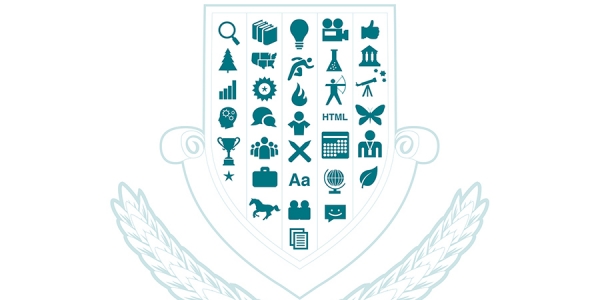Extending a Transcript Beyond the Degree

An article this week in The Chronicle by Goldie Blumenstyk asks "Is a Degree Just the Beginning?" It is one of a number of articles they have grouped around the theme of "The Credentials Craze" which is introduced with: "A college degree isn't the only credential that matters anymore. As part of a growing movement to document students' knowledge and skills, an array of companies, industry groups, and colleges themselves are offering new types of credentials. "
I don't believe that most people in higher education have signed on to badges, certificates, and microdegrees whether they are earned in a course or via some other non-profit (most MOOCs, for example) or a for-profit company (a Coursera MOOC that is not free but carries credentials or a site like like Lynda.com).
There are still many issues surrounding credentials' validity and measurement, and I think the jury is still out on whether they help graduates seeking jobs.
Here is how Blumenstyk opens her article:
The idea of students graduating from college with just a diploma — a single academic credential — could soon seem downright quaint.
At some institutions, it already is. Community colleges in North Carolina encourage students to complete coursework while earning certifications from industry groups like the National Institute for Metalworking Skills and the National Aviation Consortium. At Lipscomb University, students can qualify for badges, endorsed by outside experts, to prove they have mastered skills such as "Active Listening" and "Drive and Energy." Students at Elon University get an "extended transcript" describing their nonacademic accomplishments.
Higher education is entering a new era, one in which some industry and nonacademic certifications are more valuable than degrees, transcripts are becoming credentials in their own right, and colleges are using badges to offer assurances to employers about students’ abilities in ways that a degree no longer seems to do. On top of the traditional academic and corporate players, a whole bunch of nonprofits and businesses are also jumping on — if not leading — the movement, including MOOC providers like Coursera and Udacity and so-called coding academies like General Assembly, Galvanize, and the Flatiron School.
Trackbacks
Trackback specific URI for this entryThe author does not allow comments to this entry
Comments
No comments